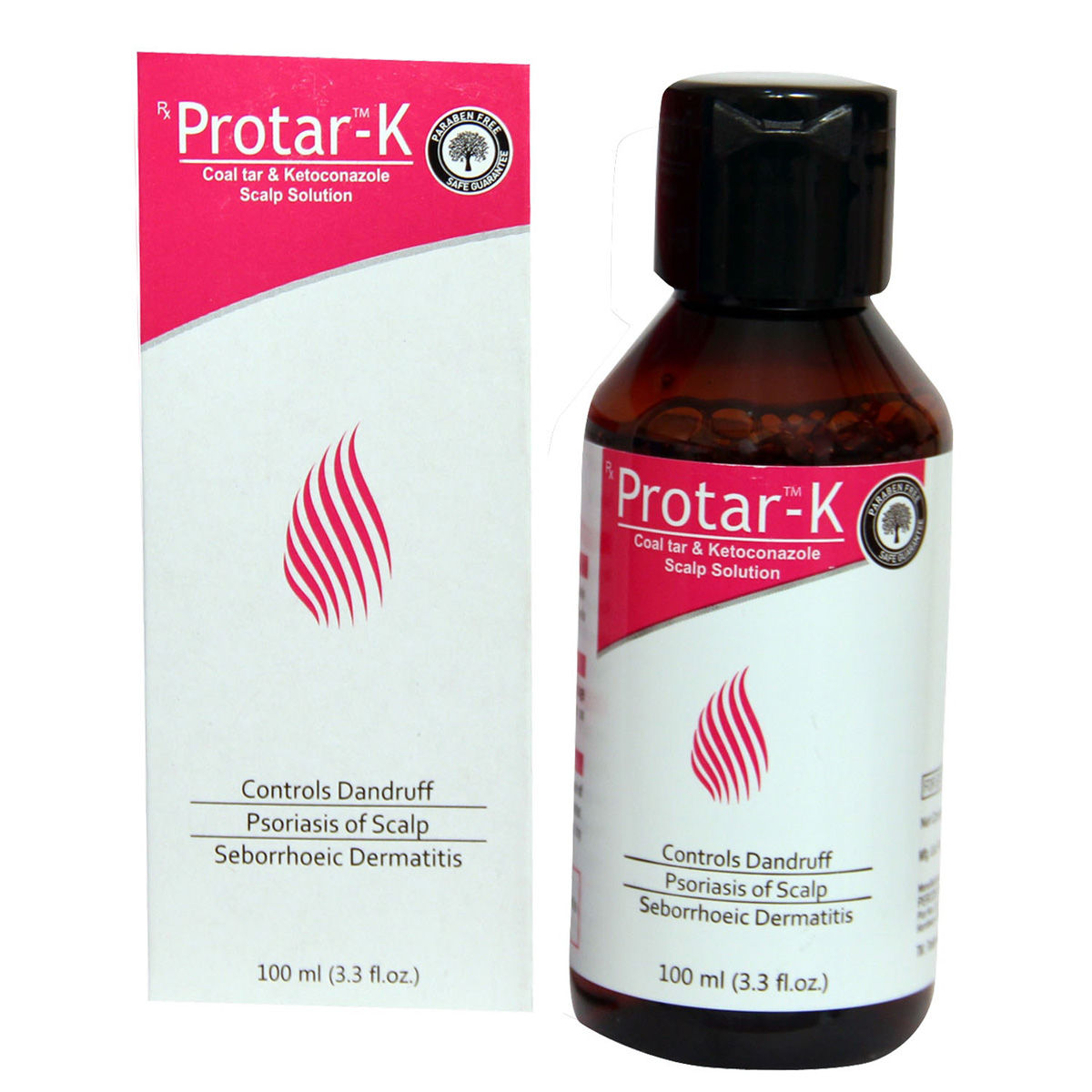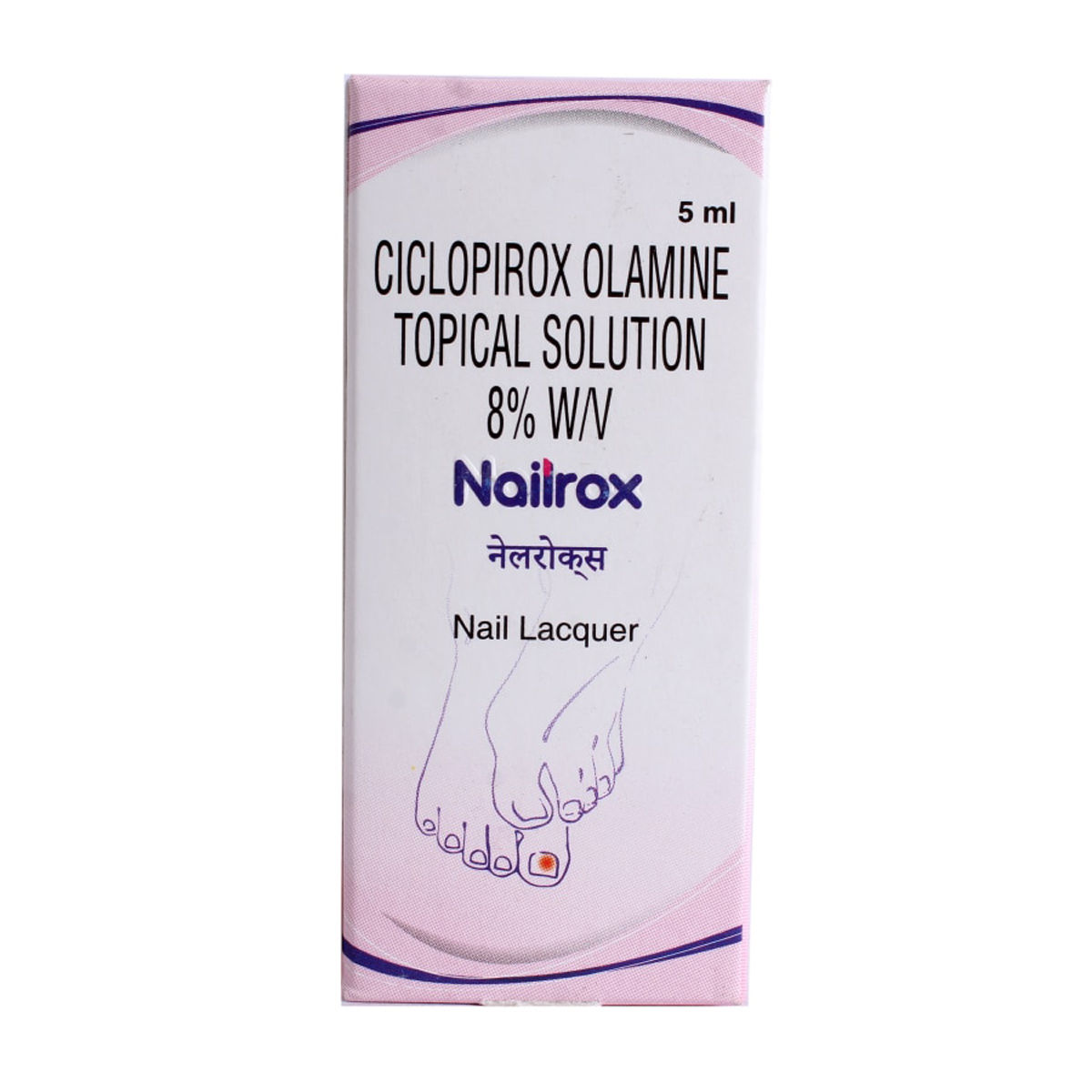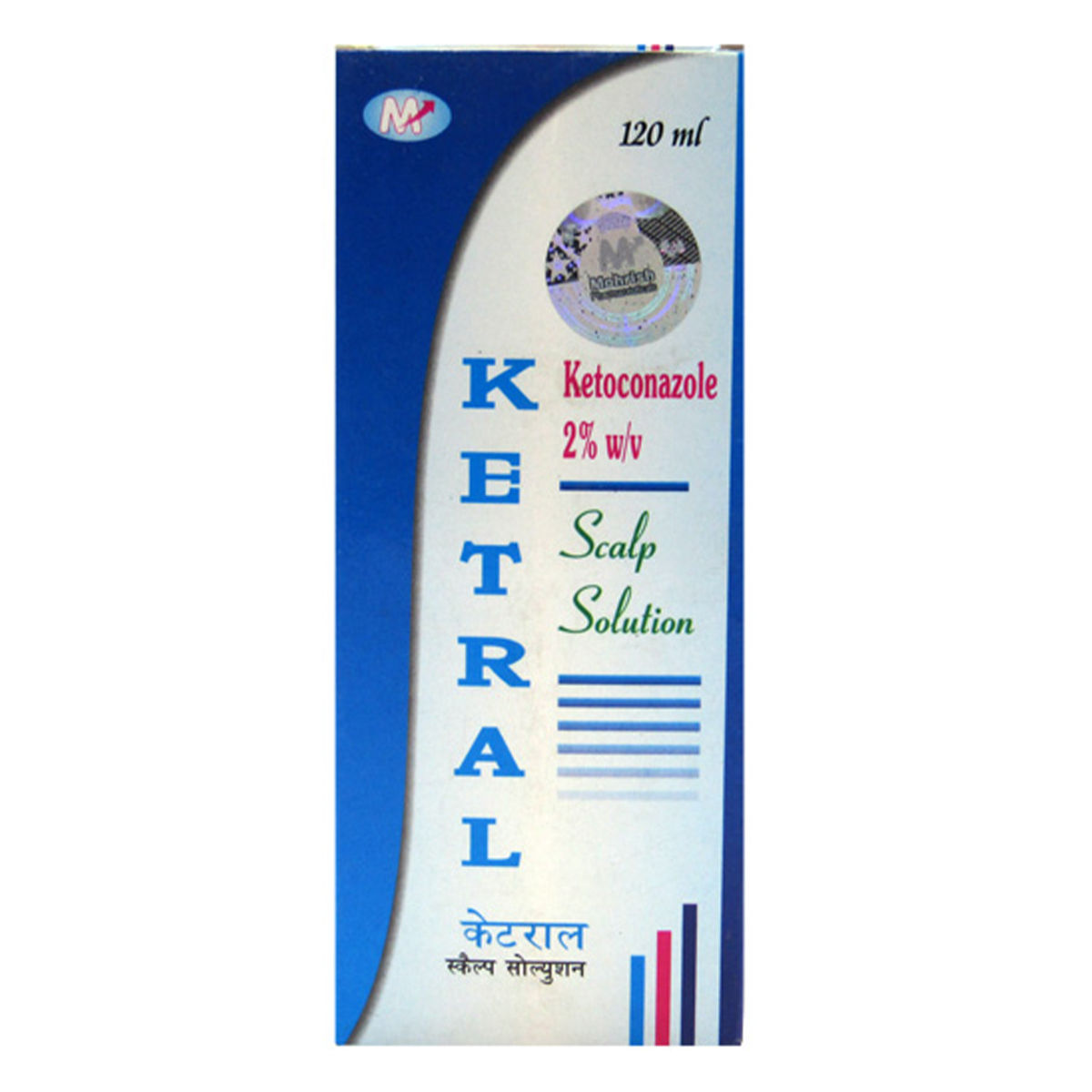- Home
- Health Condition
Solution For Fungal Infection
Solution For Fungal Infection
- Total Items (14)
 RX
RXProtar-K Solution 100 ml
₹472.50
MRP ₹525
10% off
 RX
RXOnabet SD Solution 15 ml
₹224.60
MRP ₹249.50
10% off

Amrolstar 5% Nail Lacquer 2.5 ml
₹461.60
MRP ₹530.50
13% off
 RX
RXNailon Nail Lacquer 5 ml
₹287.10
MRP ₹319
10% off
 RX
RXNailrox Nail Lacquer 5 ml
₹301.50
MRP ₹335
10% off
 RX
RXMyco Spray Topical Solution 100 ml
₹351
MRP ₹390
10% off

K2 Zole Solution 100 ml
₹276.30
MRP ₹307
10% off

Ketral Scalp Solution 120 ml
₹207.90
MRP ₹231
10% off
 RX
RXTerfin Solution 30 ml
₹144.90
MRP ₹161
10% off

Kenz Anti Lice Solution 30 ml
₹225
MRP ₹250
10% off
 RX
RXMyco Spray Topical Solution 50 ml
₹171
MRP ₹190
10% off
 RX
RXCico Topical Solution 5 ml
₹243
MRP ₹270
10% off
 RX
RXIfin Spray Topical Solution 50 ml
₹216.90
MRP ₹241
10% off
 RX
RXMycolac 8% Nail Lacquer Topical Solution 5 ml
₹477
MRP ₹530
10% off
Solutions for Fungal Infection
Fungal infections can affect your skin, nails, mouth or even intimate areas, causing discomfort, itchiness and sometimes serious irritation. These infections are caused by fungi, which are microorganisms present almost everywhere in your environment. Under the right conditions, especially in warm and moist areas of your body, they can multiply and cause infections. From athlete’s foot and ringworm to vaginal yeast infections, fungal issues are fairly common across age groups. Fortunately, you can find effective over-the-counter and prescription-based solutions to manage and treat them.
Using a topical or oral antifungal solution can help eliminate the root cause, reduce symptoms and prevent the infection from spreading further. However, understanding the right type of medicine to use, and how to use it effectively, is essential to get fast and long-lasting relief.
Types of Medicines Used for Fungal Infection
There are different kinds of antifungal medicines available to treat fungal infections. These solutions come in multiple forms including creams, ointments, powders, sprays and oral medications. Depending on the location and severity of your infection, you may need one or a combination of the following:
Topical antifungal creams or ointments: These are usually the first line of treatment for mild skin infections like athlete’s foot, ringworm and jock itch. They directly attack the fungal cells on the skin surface.
- Antifungal powders and sprays: Helpful in preventing moisture build-up and treating infections in sweaty areas like feet, groin or underarms. They are convenient and reduce fungal growth in closed areas.
- Oral antifungal tablets: Used for moderate to severe infections or when topical treatments don’t show desired results. They are also used for fungal infections of the nails, scalp or internal areas.
- Antifungal shampoos: Specially formulated for treating scalp infections caused by fungi like dandruff (Malassezia) or tinea capitis. Regular use can clear infections and prevent recurrence.
- Vaginal antifungal solutions or pessaries: These are meant for yeast infections in women and work locally to relieve itching, discharge and inflammation.
Combination treatments: Some antifungal medicines are combined with mild corticosteroids to help reduce inflammation and itching while treating the infection.
Each of these medicines targets fungal cells by weakening their membrane or interfering with their growth, which eventually kills or removes the fungi. Choosing the right format depends on your infection type and where it has occurred.
Benefits of Using Fungal Infection Solutions
Using antifungal solutions not only helps eliminate the infection but also prevents it from spreading or coming back. Here’s how they benefit you:
- Quick symptom relief: Most topical solutions begin to work within a few days, reducing symptoms like itching, redness and scaling.
- Targeted treatment: Creams and ointments work directly on the affected area, giving you faster and more localised results with fewer side effects.
- Preventing spread: By controlling the infection early, these medicines stop fungi from spreading to other parts of your body or to other people.
- Multiple formats: Solutions are available in user-friendly forms such as sprays, powders or lotions, making it easy for you to apply and continue your treatment even on the go.
- Safe for repeated use: Most over-the-counter antifungal creams and powders can be used for repeated short-term treatments in case of recurrence.
- Works on different fungal types: Whether it’s yeast, dermatophytes or moulds, antifungal medicines are designed to handle a broad spectrum of fungi.
While these medicines are effective, maintaining good hygiene and keeping the infected area clean and dry can further improve results and prevent re-infection.
Dosage & Usage Instructions of Fungal Infection Medicines
It’s crucial to follow proper dosage and application methods to ensure your fungal infection clears completely. Here are some general tips based on the type of medicine:
- Topical creams and ointments: Apply a thin layer on the clean, dry affected area once or twice a day. Always wash your hands before and after use. Continue using for at least a week after symptoms disappear.
- Antifungal powders or sprays: Use once or twice daily on clean and dry skin. Great for areas prone to sweating or friction like feet or groin.
- Oral antifungal tablets: Take as directed by your doctor. Duration of treatment may vary from a few days to several weeks depending on the infection.
- Vaginal antifungal solutions: Use as advised, usually for 1 to 7 days depending on the formulation. Pessaries or internal creams may come with an applicator.
- Shampoos: Massage onto scalp and leave for 3 to 5 minutes before rinsing off. Used two to three times a week or as instructed.
- Do’s and Don’ts: Do not stop treatment just because the visible symptoms are gone. Also, avoid using these medicines on broken skin or near your eyes unless the label allows it.
It’s important to complete the full course of treatment to ensure the fungus is completely eliminated. Premature discontinuation can cause recurrence or resistance.
Buy Solutions for Fungal Infection Online at Apollo 24|7
When you need fast relief and reliable antifungal products, Apollo 24|7 makes it easy to browse and order trusted solutions. Whether you are looking for a gentle cream for a skin rash or a prescription-strength tablet for a stubborn nail infection, you’ll find the right product here.
Using the Apollo 24|7 platform, you can:
- Browse solutions by condition or formulation
- Read detailed product descriptions and usage guidelines
- Compare prices and check availability
- Get doorstep delivery anywhere in India
- Consult a doctor online if symptoms persist or worsen
The platform ensures all products are approved and sourced from verified brands. If you are unsure about what product to pick, you can chat with a pharmacist or book an online consultation directly. Apollo 24|7 also allows you to set medicine reminders and refill prescriptions with ease, especially helpful for those managing recurrent infections.
Frequently asked questions
Yes, but make sure the product label specifically mentions suitability for sensitive areas like underarms or intimate parts. Do a patch test if unsure.
Mild infections may clear within a week while more stubborn ones, like nail infections, can take several weeks or even months with continuous treatment.
They are generally safe when prescribed correctly but may interact with other medications. People with liver conditions should use them with caution and only under medical advice.
Yes, especially if the infection wasn’t fully treated or if hygiene is not maintained. Keeping the affected area dry and clean is key to preventing recurrence.
No, many topical antifungal creams and powders are available over the counter. However, stronger oral antifungal tablets often require a doctor’s prescription.
